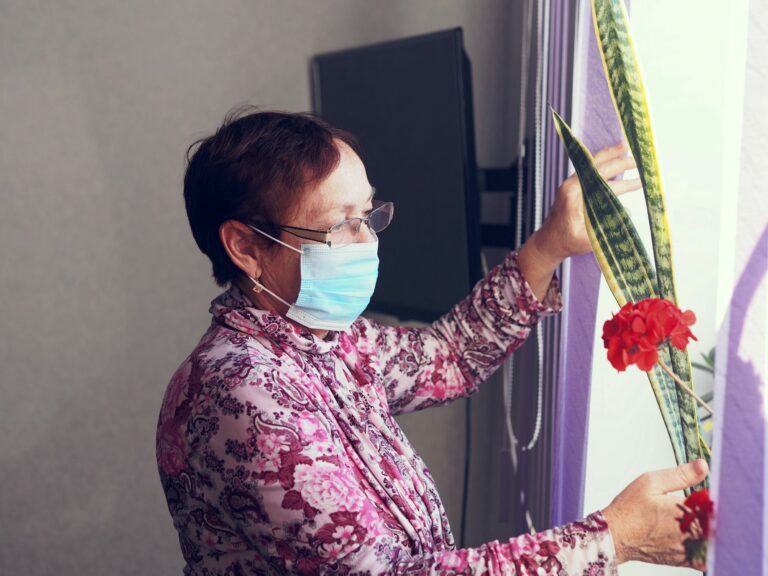Experts say that almost all of us benefit from social and emotional support, and having strong social support can make you more able to cope with problems on your own by improving your self-esteem and sense of autonomy.[1] Over the recent decades, several studies have been performed on the effect of social support on health, quality of life, and especially mental health.[2]
Building a system of positive and supportive people can offer increased accountability, improved physical and emotional well-being, better problem-solving skills, and enhanced brain functionality and wellness. Support systems have also been proven to help maintain and give benefits to both physical and emotional health. Interacting with others might help keep our brains more active and sharper. A positive support system can help individuals or patients find the right balance in their lives during difficult or challenging times. We are social animals with brains built for social interaction and engagement with other people. Thus, a key factor in maintaining health and healing is surrounding yourself with positive and supportive people. Here are 8 tips to help you get started.
1. Figure out who belongs to your healthy support network
Determine the people who you believe will give you a positive influence which will improve your life. You can make a list of the people you know who are already in your corner, including family, friends, counselors, and people you know in your community. Then select those who respect you, who you trust, with whom you feel happier and more positive, and those who bring out the best in you.
2. Build on existing bonds
Your best sources of support may be people you have already known for a long time. Whether it is a friend, a family member, or anyone close to you. Stay connected and nurture that relationship through levelling up by any means of communication. Tell them how much you value them. Reaching out to them by simply saying hello or offering to help with a task can spark and start a conversation.
3. Join your own choice of groups
Connect with people who share your common interests. Join a specific organization, club, volunteer activities, or take a class to meet people who share your interests and hobbies. There are so many great opportunities to connect with people through your hobbies or choices. You could take a class to further develop your skills while meeting people with common interests.
4. Join a peer support group
If you are facing a personal challenge, consider joining a peer support group to help take care of your mental health and connect with those who are facing similar challenges. There are support groups for a wide range of experiences and illnesses. Going to a support group is a great way to meet people working towards similar targets, ambitions, or goals. They will also have a good understanding of your current challenges and situations because they are going through them as well. Like peer support groups you can find online. If you are dealing with a specific stressful situation like caring for a family member or dealing with a chronic illness, you may not find the support you need from your current network, but try to explore a lot more, like considering a support group to meet others who are dealing with similar challenges just like you do.
5. Train your brain to find the positives
This habit can be hard and challenging, but it is worth doing. People that are trained to enjoy being around positivity will gravitate towards you. You will also notice that your mood improves and will build on the positivity that would have a good effect on your life.
6. Be proactive by reaching out to others
To get the most out of your social relationships, you have to make an effort to reach out to them. Make more time for friends and family. Reach out to lend a hand or just say hello while asking them how they are doing. If you are there for others, they will be more likely to be there for you. Providing social support to friends and family may be even more important than receiving that support.
7. Improve your social skills
It is important to note that you need to enhance your social skills level to start building a positive support system. You can simply reach out to others twice a week rather than once a month. Get to know others, not just through a plain text message or just hanging around, but through shared activities like walking or doing the same hobby, or going for a bike ride rather than just hanging out and talking. If you still feel shy, awkward, or particularly anxious in social situations, consider talking to a therapist with experience in social anxiety and social-skills training and asking for their advice.
8. Reach out to relevant professional experts
Finding a support system right away may be difficult for you, so talking with a professional is a great way to get support for your day-to-day challenges. Do not hesitate to reach out and seek assistance or help. Sometimes reaching out to a psychologist, therapist, counselor, or addiction professional when you need help is the best course of action. When serious trouble comes your way, having a trained professional who can guide you, help you uncover weaknesses, and serve as part of your personal support system can make all the difference. Other people you should think about are those who can be completely trusted within your network and on whom you can rely.
Takeaway
Maintaining contact with others is critical to your happiness, self-esteem, and ability to deal with stress or any problems that may arise. While you may recognize the importance of a support system, building that network of healthy, supportive people can feel easier, but can be challenging. It’s common to struggle to build a healthy support system, but taking those 8 tips mentioned can make it easier to achieve the positive support system you are looking for.
References
- Manage stress: Strengthen your support network. (n.d.). https://www.apa.org. https://www.apa.org/topics/stress/manage-social-support
- The correlation of social support with mental health: A meta-analysis. (n.d.). PubMed Central (PMC). https://www.ncbi.nlm.nih.gov/pmc/articles/PMC5633215/








